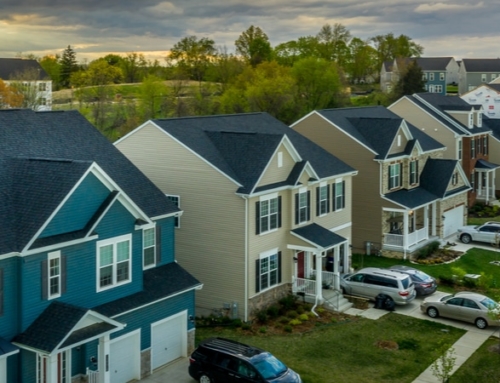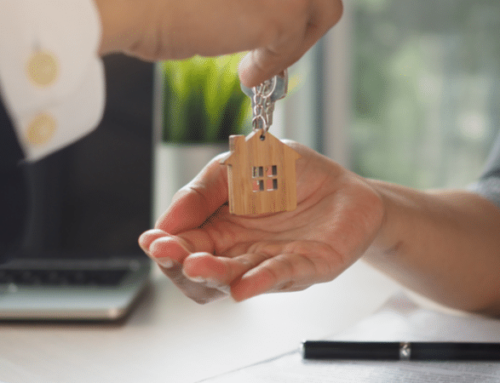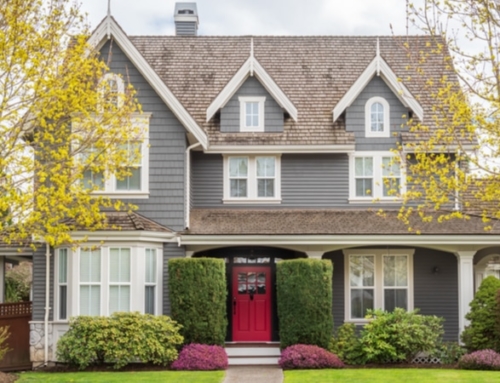What will stop the housing market?
Interest rates fall, the housing market takes off. Interest rates rise a point and a quarter in three weeks (which happened in late summer), and the housing market spins even faster. Consumers become more optimistic, the housing market zooms on. Consumer sentiment falls, and nothing changes.
In the second quarter of the year, homes appreciated in all of the metropolitan markets surveyed by the National Association of Realtors (NAR). In some neighborhoods, home values only went up a little. In 40 others, they skyrocketed at double-digit rates.
(This, by the way, is unprecedented in the history of the NAR survey. Before, somewhere, in some corner pocket of the country, housing prices have fallen even in the best of times. But not this year.)
What’s going on here? In the midst of a weak, jobless, economic recovery, interest in homeownership hasn’t waned one little bit. In fact, it has grown.
According to NAR, existing homes were sold in August at an annualized rate of 6.47 million. That means, if the strength of the market continues, nearly 6.5 million existing homes will be sold by the end of 2003. Add to that number more than a million newly-constructed homes, which means the total number of homes sold is now approaching 7.75 million per year.
Clearly, the housing market continues to prop up the economy. With 7.75 million houses sold, at an average sales price of about $200,000, that’s $1.5 trillion in sales. That means millions of appliances, yards of carpet and gallons of paint being bought to help fix up a new purchase.
All that is the good, if slightly surprising, news. One wishes the stock market could have shown the same kind of resiliency.
Still, nothing lasts forever, not even the best housing market in history. While no one is saying the housing market is a bubble that is going to pop, at some point, sales will have to slow down. Or, will they?
David Lereah, NAR’s chief economist, says the modest economic recovery, continuing high levels of unemployment, consumer confidence dropping, mortgage rates rising, even if only slightly, and climbing federal budget deficits, could brew up “a perfect storm” in housing.
“There is a rule of thump that most housing economists employ,” Lereah notes. “For every one-percentage point rise in mortgage rates, there are approximately 250,000 fewer homes sales. It follows that today’s half of a percentage point rise will eventually result in 125,000 fewer homes sold in 2003.”
While that might have been true when 30-year interest rates were 7 percent moving to 8 percent, will it still be true now that interest rates are moving between 5 and 6.5 percent, still around 35-year lows? And now that home sales are at such an extremely high level, will the loss of a quarter million sales have any meaningful impact on home price appreciation?
Lereah believes that even if the pace of home sales dropped by 250,000 units for the year, home price appreciation would only drop from about seven percent to five percent per year. Given that homes appreciate only an average of 3 percent per year, or just ahead of the average rate of inflation, 5 percent average annual appreciation is still quite strong.
Of course, the good news can’t last in all 300+ markets NAR surveys. There will be pockets where double-digit price appreciation will fall off, and other neighbors where a plethora of home listings will cause prices to fall – a simple case of local supply and demand being out of whack.
If the millions of unemployed Americans don’t find jobs, and if U.S. companies continue to shed jobs, that, in combination with higher interest rates and the mounting federal deficit will eventually have a somewhat negative impact on the housing markets.
But Lereah doesn’t expect that “perfect storm” to hit anytime soon. Which means the housing market could keep going, and going, and going . . .
Published: Oct 10, 2003






Leave A Comment